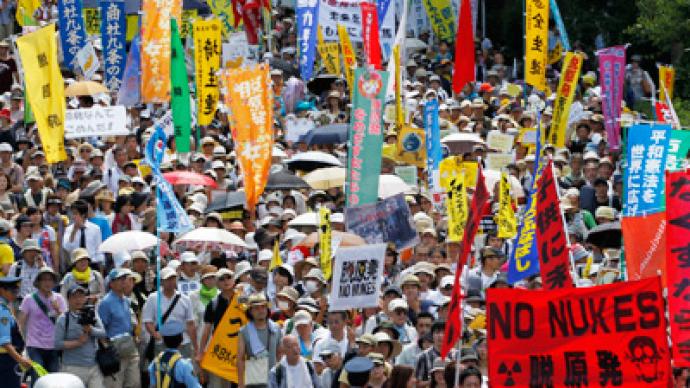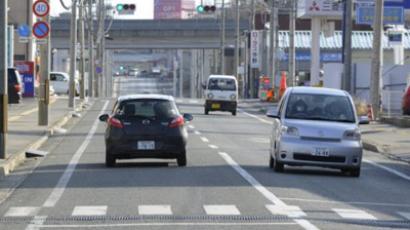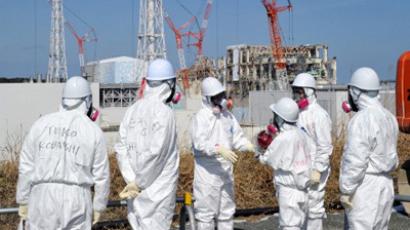Sayonara atomic energy: Biggest anti-nuclear rally hits Tokyo

Tens of thousands of people overran a park in Tokyo urging Japan to abandon nuclear power as the country prepares to restart another reactor, which was shut down among 50 others following last year’s meltdown at Fukushima.
Temperatures sweltering, the Yoyogi Park failed to accommodate all the rally participants from all over Japan, who were waving banners “Goodbye Nuclear Plants” and “The Nuclear Era is Over” while chanting “No Nuclear.” “If we don’t do anything and stay silent, it means we agree in restarting the nuclear plants,” said the protesters, led by Nobel-winning novelist Kenzaburo Oe.Organizers put the number of attendees at 170,000-200,000; this makes the demonstration the largest in 50 years. Over 7.4 million signatures have been collected for a petition demanding a phase-out for nuclear power.All of Japan’s 50 working nuclear reactors had been offline since the tsunami-generated disaster at the Fukushima Dai-ichi plant in spring 2011. A meltdown at the facility caused evacuation of over 150,000 people from a 20-km zone around the epicenter over contamination fears; the area is considered unsafe for living for years to come. In the wake of the disaster, the world's second-worst nuclear accident after Chernobyl, many in the nation would opt for a nuclear-free future. But in June, Prime Minister Yoshihiko Noda decided to restart one of the reactors at the Ohi plant in central Japan. Another Ohi reactor is set to go online later this week. The government cites lack of energy concerns and biting oil costs, which come too expensive on the budget pierced by the 2011-tsunami.While regular anti-nuclear protests have almost turned into a part of Japan’s daily life, opponents to the activists point out at the lack of long-term aims behind the demonstrators when it comes to replacing nuclear energy. This cannot be done in a year or two, they say.But protesters insist it is ridiculous to risk people’s lives for electricity. Moreover, Japan did pretty well without nuclear energy this year, they add.Outrage was also vented over a parliamentary investigation that called the Fukushima disaster “man-made”, maintaining it was the result of “collusion between the government, the regulators and TEPCO, and the lack of governance by said parties.” The report still attributed it to Japan's culture of “reflexive obedience” and failed to hold any individuals responsible. Protesters demanded the right people be punished for their mistakes:“Things can never change if we blame culture. We need to get to the bottom of this.”














